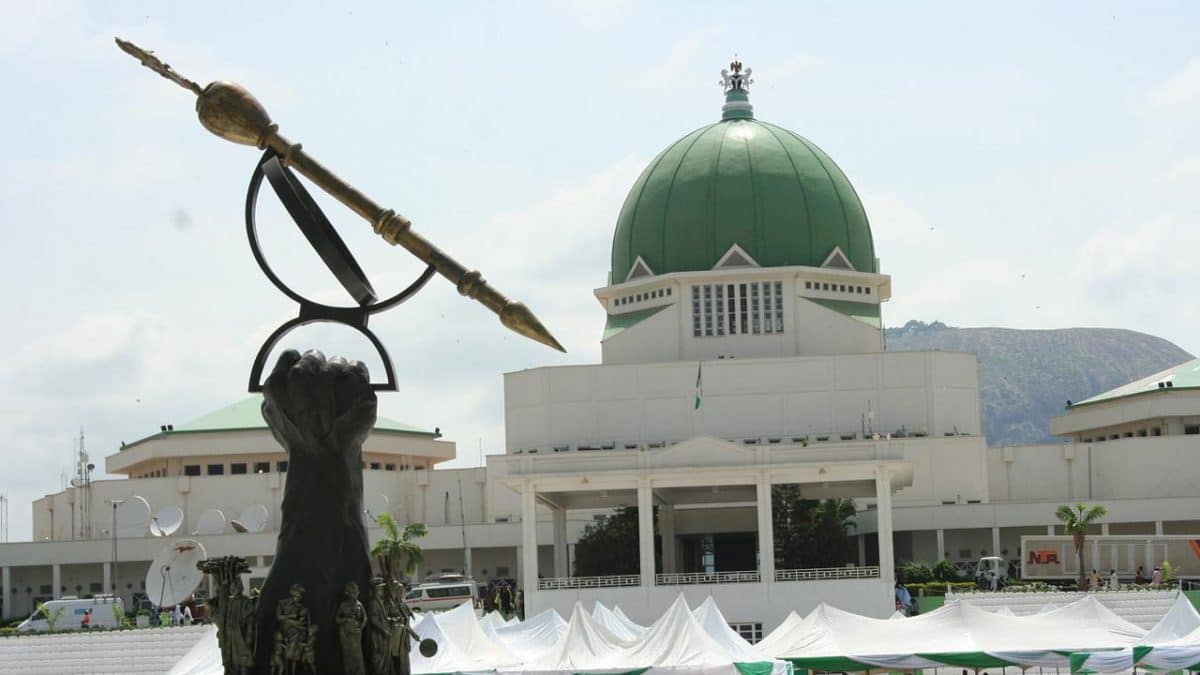The National Assembly joint committee on steel development has queried series of procurement law breaches in the execution of the 2024 budget of ministry of steel development.
It also recommended a forensic audit of the ministry’s 2024 accounts to shed light on some “ghost projects” which allegedly gulped a yet-to-be determined amount of tax payers’ funds.
Co-chairman of the committee, Zainab Gimba, highlighted some of the infractions during the ministry’s 2025 budget defence with a team led by the Minister, Prince Shuaibu Abubakar Audu, in Abuja, weekend.
Gimba noted that an appraisal of submissions made by the ministry in its 2024 budget, as contained in documents submitted to the committee, raised more questions than answers.
She said: “A first-hand appraisal of the 2024 submissions shows some budget infractions as funds allocated for unspecified ‘capacity-building programmes’ and ‘skills training initiatives’ in the steel sector show no evidence of execution or impact.
“These projects risk being classified as ghost projects designed to divert public funds. Administrative and recurrent costs significantly increased in 2024 without proportional increases in the ministry’s activities or outputs, a possible indicator of mismanagement or misallocation of funds.
“Also, we identified some legal infractions, such as violations of the Fiscal Responsibility Act. The Act mandates efficient use of public resources and accountability for project outcomes. Several projects, especially related to Ajaokuta Steel, failed to meet these criteria.”
Other breaches of the Public Procurement Act cited by the co-chairman include instances of non-competitive bidding and inflated contract costs which suggested violations of procurement guidelines.
Gimba stated further: “There are ghost projects which are a direct violation of Nigeria’s Financial Regulations, which require all expenditures to be backed by documentation and outcomes.
“We advise you to make all necessary submissions on these to the committee secretariat. On this note, we recommend conducting a forensic audit. There should be engagement of independent auditors to scrutinize expenditures and contracts for 2024.
“We will strengthen oversight in 2025 because, looking at the ministry of steel development’s 2025 executive budget, we see a high proportion of personnel costs put at 57.2 per cent .
“This suggests that most of the funding is spent on salaries rather than developmental projects, which raise concerns about operational efficiency.
“Capital expenditure, which is 34.6 per cent, is inadequate for a sector like steel development, which requires heavy infrastructure, technology and modernisation investments to drive industrial growth.
“There is no detailed breakdown to show the strategic focus of these expenditures (e.g., feasibility studies, stakeholder engagement, and modernization.
“In summary, the ministry of steel development’s 2025 budget, reflects a commitment to maintaining operations but falls short of delivering the necessary capital investments to transform the steel industry into a viable driver of Nigeria’s industrialization.
“Significant reforms in funding priorities, operational efficiency and revenue generation are required to align with the ministry’s strategic objectives.
“It is equally disappointing and unfortunate to recollect how the agencies under the ministry failed to provide enough information to the committee during their budget defence. We will not leave any stone unturned in the discharge of our legislative duties.’’
In his remarks, chairman of the joint committee, Senator Patrick Ndubueze, said: “Our concern is to take Nigeria where it rightfully should be in steel development.
“Nigeria can’t make much progress without a solid steel industry. We have to place emphasis on capital projects, not payment of salaries.”
Vanguard



